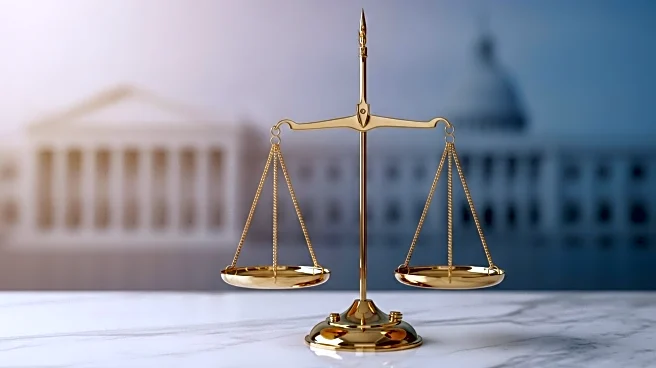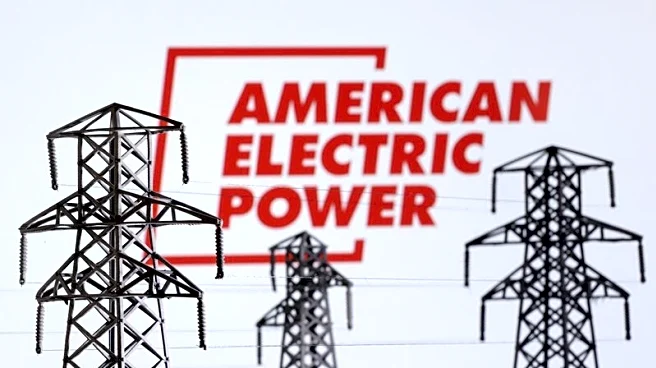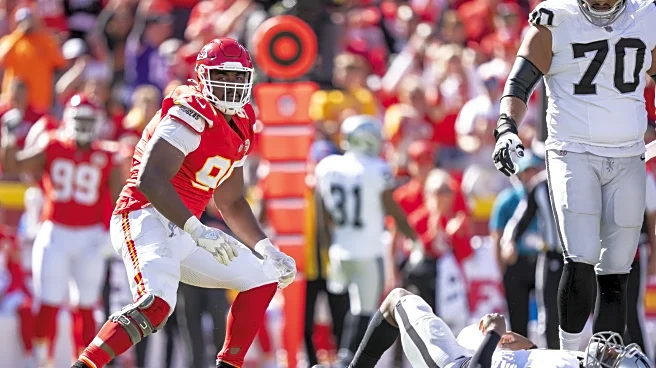What's Happening?
President Trump and Vice President JD Vance are exempt from federal criminal conflict-of-interest laws, a situation that has led to ethical concerns as Trump blends his business interests with his presidency. This exemption, which dates back decades, allows Trump to engage in activities such as accepting luxury gifts and promoting his business ventures without the legal constraints faced by other executive branch officials. While Trump enjoys this exemption, his appointees, including Treasury Secretary Scott Bessent, are required to divest from conflicting interests. Bessent has divested 96% of his holdings but faces scrutiny for not fully complying with divestment requirements. Other officials, like those at the Office of Management and Budget, have taken steps to avoid conflicts, but the exemption for Trump and Vance remains a point of contention.
Why It's Important?
The exemption for President Trump from conflict-of-interest laws raises significant ethical concerns and undermines public confidence in government integrity. While past presidents have voluntarily avoided conflicts, Trump's approach has been criticized for exploiting legal loopholes. This situation impacts public trust and sets a concerning precedent for future administrations. The exemption allows Trump to maintain business interests that could influence policy decisions, potentially benefiting his personal ventures at the expense of public interest. The broader implications include challenges in enforcing ethical standards across the executive branch, as officials must navigate complex divestment processes while the president remains unbound by these rules.
What's Next?
The ongoing scrutiny of President Trump's business dealings and the ethical conduct of his administration may lead to increased calls for reforming conflict-of-interest laws. Watchdog groups and ethics experts continue to monitor the situation, advocating for transparency and accountability. As Trump's tenure progresses, the administration's approach to ethics may face further challenges, potentially prompting legislative efforts to address the presidential exemption. The actions of Trump's appointees, who are required to comply with ethics rules, may also influence public perception and drive discussions on the need for comprehensive ethics reform.
Beyond the Headlines
The exemption for President Trump highlights broader ethical and legal challenges within the U.S. political system. It raises questions about the balance between presidential authority and accountability, and the potential for conflicts of interest to affect policy decisions. The situation underscores the importance of maintaining ethical standards in government to ensure public trust and effective governance. Long-term implications may include shifts in public expectations for presidential conduct and increased pressure for legislative changes to address ethical loopholes.












